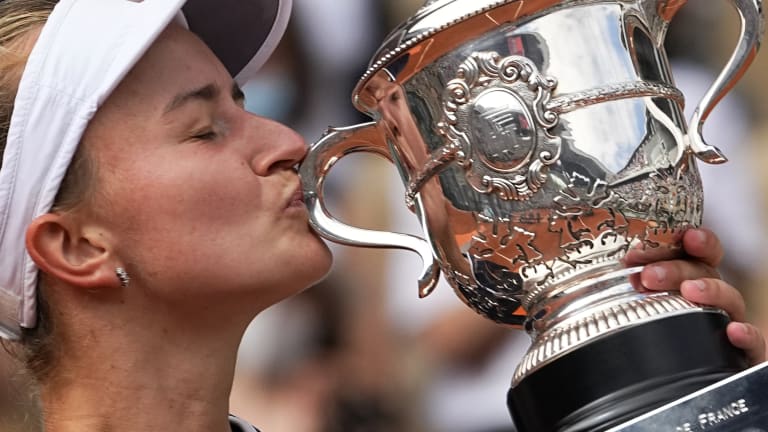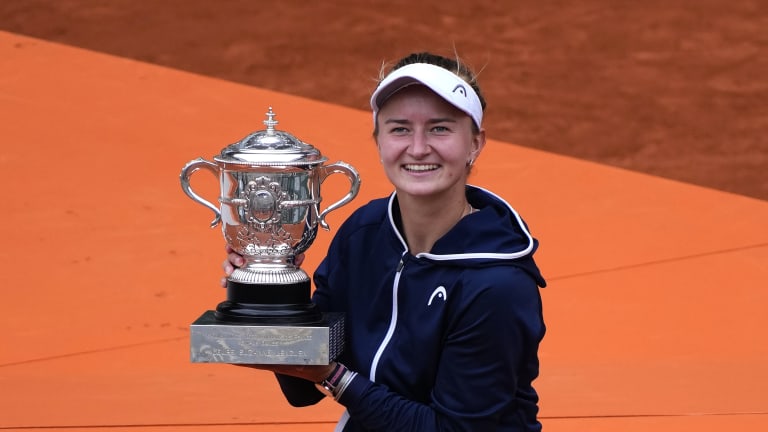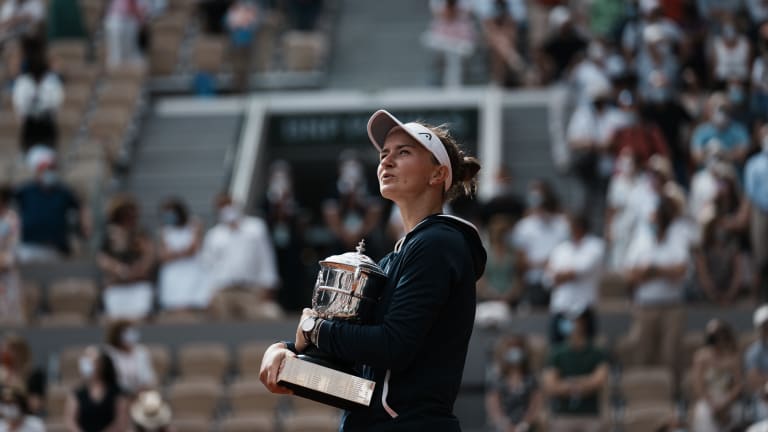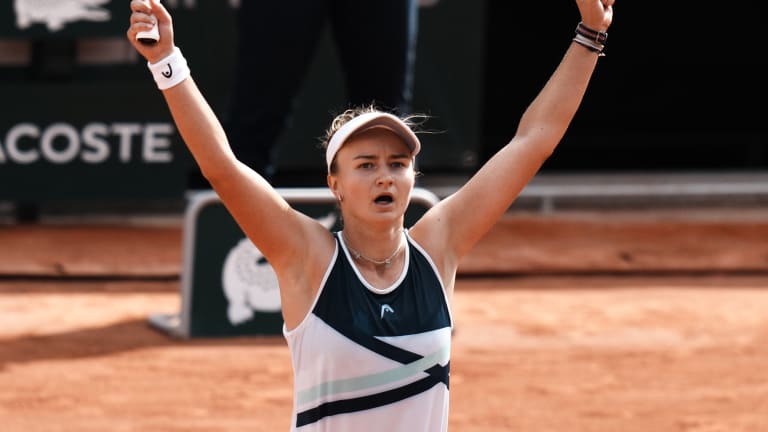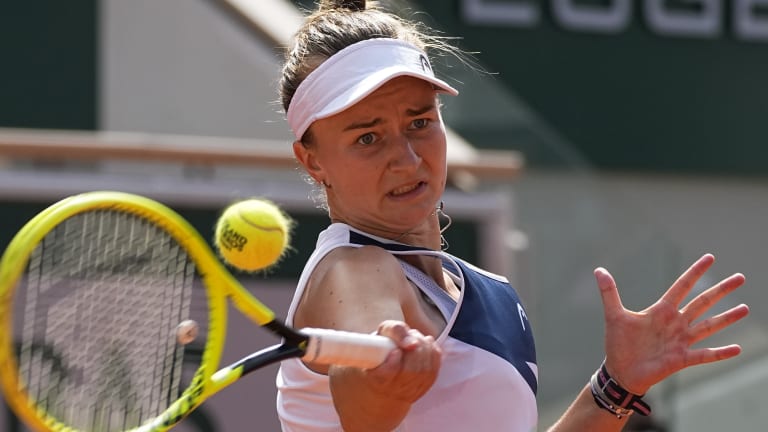It started with Garbiñe Muguruza beating Serena Williams in the 2016 French Open final.
Jelena Ostapenko's triumph came in 2017. Then, the following year, the woman Ostapenko beat for the title at Roland Garros, Simona Halep, had her moment. Next it was Ash Barty's turn and, in 2020, Iga Swiatek's.
And now Barbora Krejcikova has joined the chat: Her victory at Roland Garros on Saturday made the 25-year-old from the Czech Republic the sixth consecutive first-time Grand Slam champion to earn the women's singles trophy in Paris.
"Why is it happening? Why so many players are (debut) Grand Slam champions here? I don't know," Krejcikova said after her
https://apnews.com/article/barbora-krejcikova-europe-french-open-tennis-sports-a95245ae297af1c248b65f3713b65cd6 over Anastasia Pavlyuchenkova at Court Philippe Chatrier in the singles final. "But I'm happy that I'm part of them."
She entered an even more exclusive club Sunday by teaming with Katerina Siniakova to beat Swiatek and Bethanie Mattek-Sands 6-4, 6-2 to add a
https://apnews.com/article/europe-paris-french-open-tennis-sports-e923d59dd21cb7a2a01a9b65c48530bf to her haul. That made Krejcikova the first woman since Mary Pierce in 2000 to collect the singles and doubles championships at the French Open in the same year.
